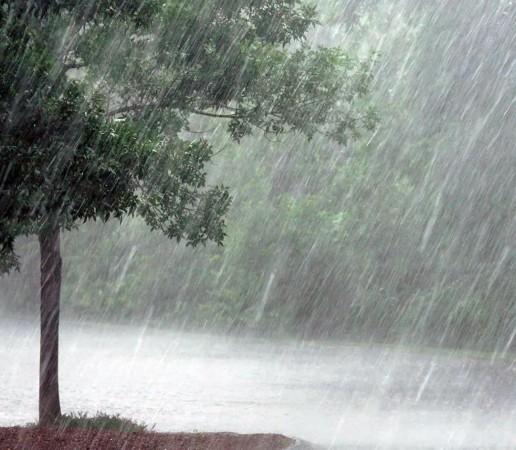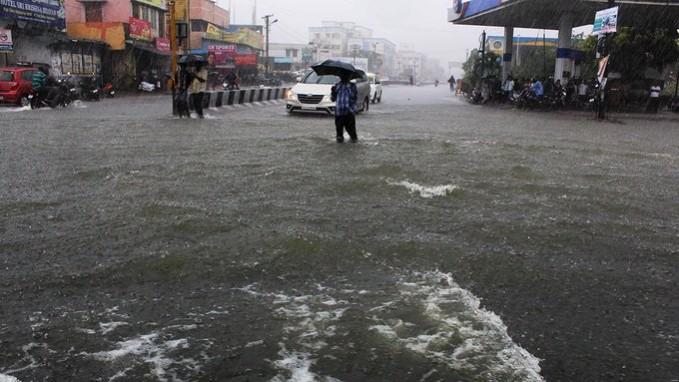
As the heavy rainfall continues to batter several districts of Tamil Nadu, the State Health Department has issued a public advisory warning of a potential surge in viral infections. These include dengue, influenza, and other fever-related illnesses. The districts of Chennai, Kancheepuram, Chengalpattu, and Tiruvallur are experiencing a significant increase in cases of fever, respiratory infections, and viral diseases. Reports of malaria and leptospirosis have also surfaced from various parts of the state. The Health Department has urged residents to exercise extra caution, particularly for children who are more susceptible to infections.
The symptoms highlighted by officials include high fever, chills, cough, sore throat, body aches, and headaches. The public has been urged to seek immediate medical attention if these symptoms occur. Rajani Varrier, an entomologist at a private hospital in Chennai, noted that a persistent dry cough in children, lasting for more than two weeks, often indicates a viral infection.
Since the onset of the northeast monsoon on October 17, there has been a noticeable rise in cases of fever, headaches, and throat infections, particularly affecting children and the elderly.
Throat infections may linger even after fevers subside, and those with chronic conditions, such as respiratory, kidney, or liver issues, are advised to take extra precautions during this season. The public has been advised against consuming food and water from outside sources, as bacterial diseases like typhoid can spread easily during the rainy season. The doctor recommended that children drink only clean, boiled water and that parents keep children away from stagnant or contaminated water, as leptospirosis can spread through water contaminated by animal urine.

Since January 2024, Tamil Nadu has recorded over 18,000 dengue cases. The Health Department has called upon residents to clear stagnant water around their homes to prevent mosquito breeding. Health Minister Ma Subramanian stated that the department is especially vigilant in ten districts -- Chennai, Coimbatore, Krishnagiri, Tiruppur, Tiruvallur, Theni, Madurai, Tirunelveli, Thanjavur, and Tiruchi -- which account for 57 per cent of the state's dengue cases.
Dr T.S. Selvavinayagam, Director of Public Health and Preventive Medicine, emphasized that the health department is keeping track of dengue and other fever-related cases reported by both government and private hospitals. The public has been advised against storing rainwater in discarded household items, as this can create breeding grounds for mosquitoes.
The health department recommends drinking only boiled water to prevent waterborne diseases. To increase public awareness, district health officers will conduct campaigns on vector-borne diseases. The department will also oversee private hospitals to ensure proper identification and treatment of dengue cases.
In a similar vein, New York City has recently seen an uptick in cases of leptospirosis, a bacterial disease commonly transmitted via rat urine. The New York City Department of Health and Mental Hygiene has recorded six human cases of this bacterial disease so far this year, calling the number an upward trend. In 2023, 24 cases were reported in the city, marking the highest count seen in a single year.
The symptoms of leptospirosis can include muscle aches and pains, particularly in the calves and the lower back, and a sensitivity to light. Symptoms usually develop 5 to 14 days following infection and can last from a few days to three weeks or longer. For some, the illness may seem to disappear, but then it can return more severely than before.

















